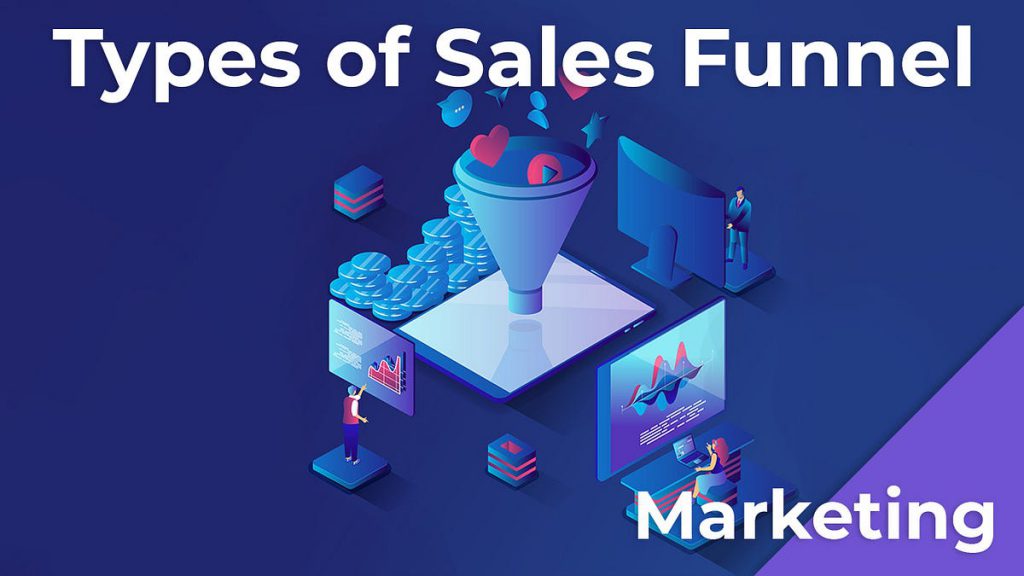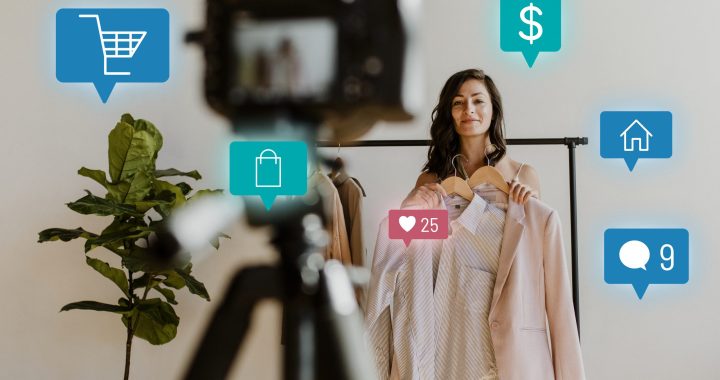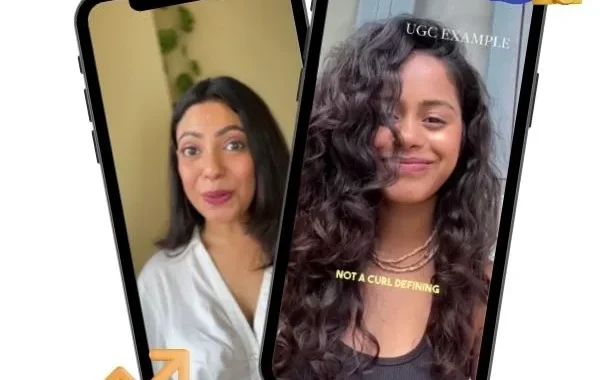10 Types of Sales Funnel.
5 min read
10 Types of Sales Funnels to Drive Business Growth
Sales funnel are essential for guiding potential customers through their buying journey. By using different types of sales funnels, businesses can tailor their approach to various customer needs and stages of the buying process. Here are ten types of sales funnels that can help drive growth and maximize conversions:

1. Lead Generation Funnel
Overview: A lead generation funnel focuses on attracting and capturing potential leads. The primary goal is to convert visitors into leads by offering valuable content or incentives in exchange for their contact information.
Key Steps:
- Attract: Use content marketing, social media, or paid ads to drive traffic.
- Engage: Offer lead magnets like eBooks, webinars, or free trials.
- Capture: Collect contact information through forms or landing pages.
- Nurture: Follow up with leads through email campaigns or retargeting ads.
Best For: Businesses looking to build a database of potential customers.
2. Sales Conversion Funnel
Overview: This funnel is designed to turn leads into paying customers. It focuses on the final stages of the buying process, guiding prospects through evaluation and decision-making.
Key Steps:
- Interest: Present your product or service as a solution to their needs.
- Consideration: Offer detailed information, case studies, or demos.
- Decision: Provide compelling calls-to-action (CTAs) and special offers.
- Purchase: Facilitate the transaction and ensure a smooth checkout process.
Best For: Businesses aiming to close sales and increase revenue.
3. Customer Retention Funnel
Overview: A customer retention funnel aims to keep existing customers engaged and loyal. The focus is on encouraging repeat purchases and fostering long-term relationships.
Key Steps:
- Onboarding: Provide an excellent post-purchase experience.
- Engagement: Offer exclusive content, loyalty programs, or regular updates.
- Support: Provide excellent customer service and address issues promptly.
- Upsell/Cross-sell: Introduce additional products or services relevant to their needs.
Best For: Companies focused on maintaining and expanding their customer base.
4. Product Launch Funnel
Overview: This funnel is specifically designed to promote new products or services. It builds anticipation and generates excitement leading up to the launch date.
Key Steps:
- Pre-Launch: Build awareness through teasers and sneak peeks.
- Launch: Use email campaigns, webinars, and social media to promote the launch.
- Post-Launch: Follow up with customers for feedback and testimonials.
- Ongoing Promotion: Continue to promote the product to new leads.
Best For: Businesses introducing new products or services to the market.
5. High-Ticket Sales Funnel
Overview: A high-ticket sales funnel is designed for selling premium or high-value products. It emphasizes building trust and providing detailed information to justify the higher price point.
Key Steps:
- Lead Nurturing: Build relationships through valuable content and personalized communication.
- Qualification: Identify serious prospects who are ready for high-value purchases.
- Consultation: Offer one-on-one consultations or demos.
- Conversion: Address objections and provide tailored solutions.
Best For: Companies selling expensive or luxury products/services.
6. Subscription Funnel
Overview: The subscription funnel is designed to convert leads into subscribers for ongoing services or products. It focuses on long-term engagement and recurring revenue.
Key Steps:
- Attract: Use content marketing and ads to attract potential subscribers.
- Convert: Offer free trials or discounted initial subscriptions.
- Retain: Provide ongoing value through regular updates, exclusive content, or community access.
- Upsell: Introduce higher-tier subscription options or add-ons.
Best For: Businesses offering subscription-based products or services.

7. Event Funnel
Overview: An event funnel focuses on driving attendance and engagement for events such as webinars, conferences, or workshops.
Key Steps:
- Promotion: Use email campaigns, social media, and paid ads to promote the event.
- Registration: Capture attendee information through registration forms.
- Engagement: Send reminders and provide valuable content leading up to the event.
- Follow-Up: Engage with attendees post-event through surveys or offers.
Best For: Organizations hosting or participating in events.
8. Affiliate Funnel
Overview: An affiliate funnel is designed to leverage affiliate marketing to generate sales. It focuses on recruiting and managing affiliates to promote your products or services.
Key Steps:
- Recruitment: Attract affiliates through partnerships or affiliate programs.
- Onboarding: Provide affiliates with marketing materials and support.
- Promotion: Enable affiliates to drive traffic and generate sales.
- Optimization: Track performance and optimize affiliate strategies.
Best For: Businesses looking to expand their reach through affiliate partnerships.
9. Referral Funnel
Overview: A referral funnel encourages existing customers to refer new prospects. It relies on leveraging word-of-mouth and customer advocacy.
Key Steps:
- Incentivize: Offer rewards or discounts for successful referrals.
- Facilitate: Make it easy for customers to refer others through referral links or tools.
- Track: Monitor and track referral activity and conversions.
- Acknowledge: Recognize and thank customers for their referrals.
Best For: Companies seeking to leverage customer recommendations for growth.
10. E-commerce Funnel
Overview: The e-commerce funnel is tailored for online retail and focuses on converting website visitors into paying customers through the online shopping experience.
Key Steps:
- Attract: Drive traffic through SEO, PPC, and social media.
- Engage: Use product descriptions, reviews, and images to engage visitors.
- Convert: Optimize the checkout process and offer promotions or discounts.
- Retain: Follow up with post-purchase emails and personalized recommendations.
Best For: Online retailers and e-commerce businesses.
Conclusion
Understanding and implementing different types of sales funnels can help businesses address various stages of the customer journey, from initial attraction to post-purchase engagement. By tailoring your sales funnels to specific goals and customer needs, you can improve conversions, enhance customer relationships, and drive business growth.
For personalized assistance in designing and optimizing your sales funnels, contact MyHoardings. Our team of experts can help you create effective strategies that align with your business objectives.
MyHoardings
Phone: +91-9953847639
Email: business@myhoardings.com
Website: www.myhoardings.com
Geographical Advertising Reach Analysis
| Region | Estimated Audience | Preferred Ad Formats |
|---|---|---|
| North India | 50 million | TV, Print |
| South India | 40 million | Digital, OOH |
| West India | 30 million | Print, Radio |
| East India | 20 million | OOH, Radio |
7 steps of sales strategy
|
















